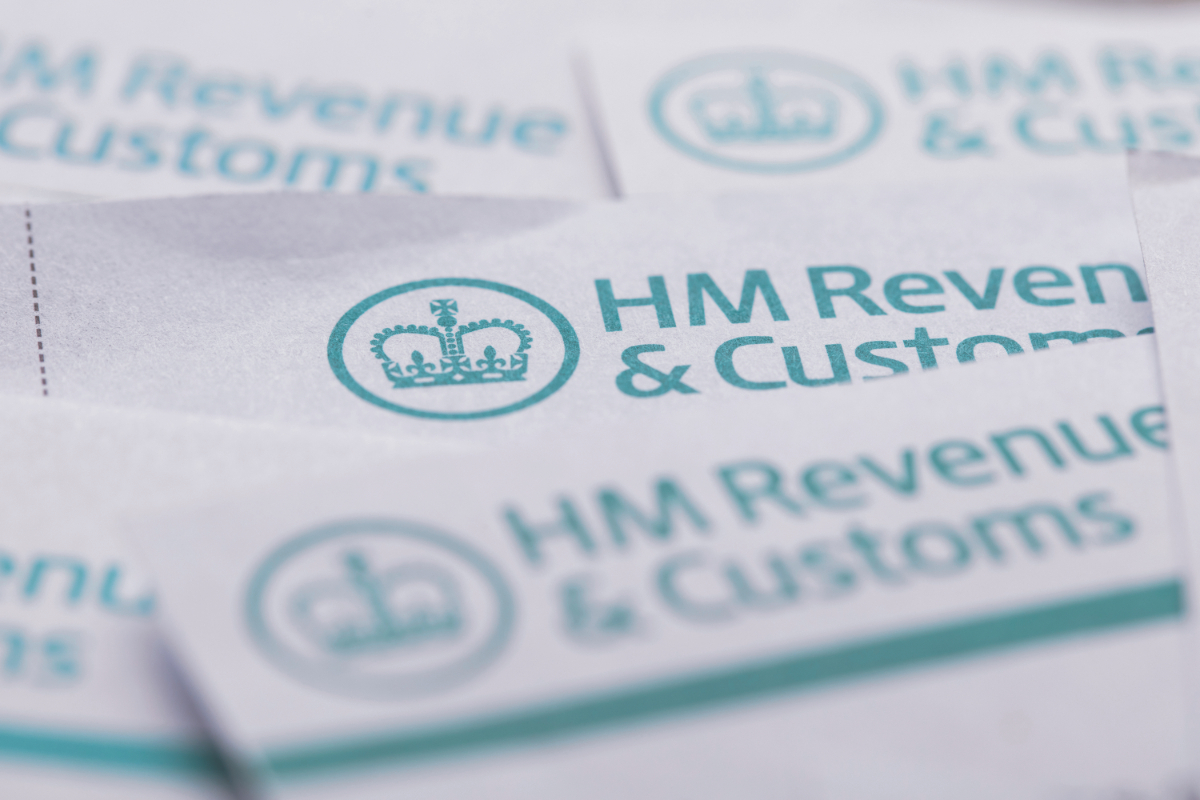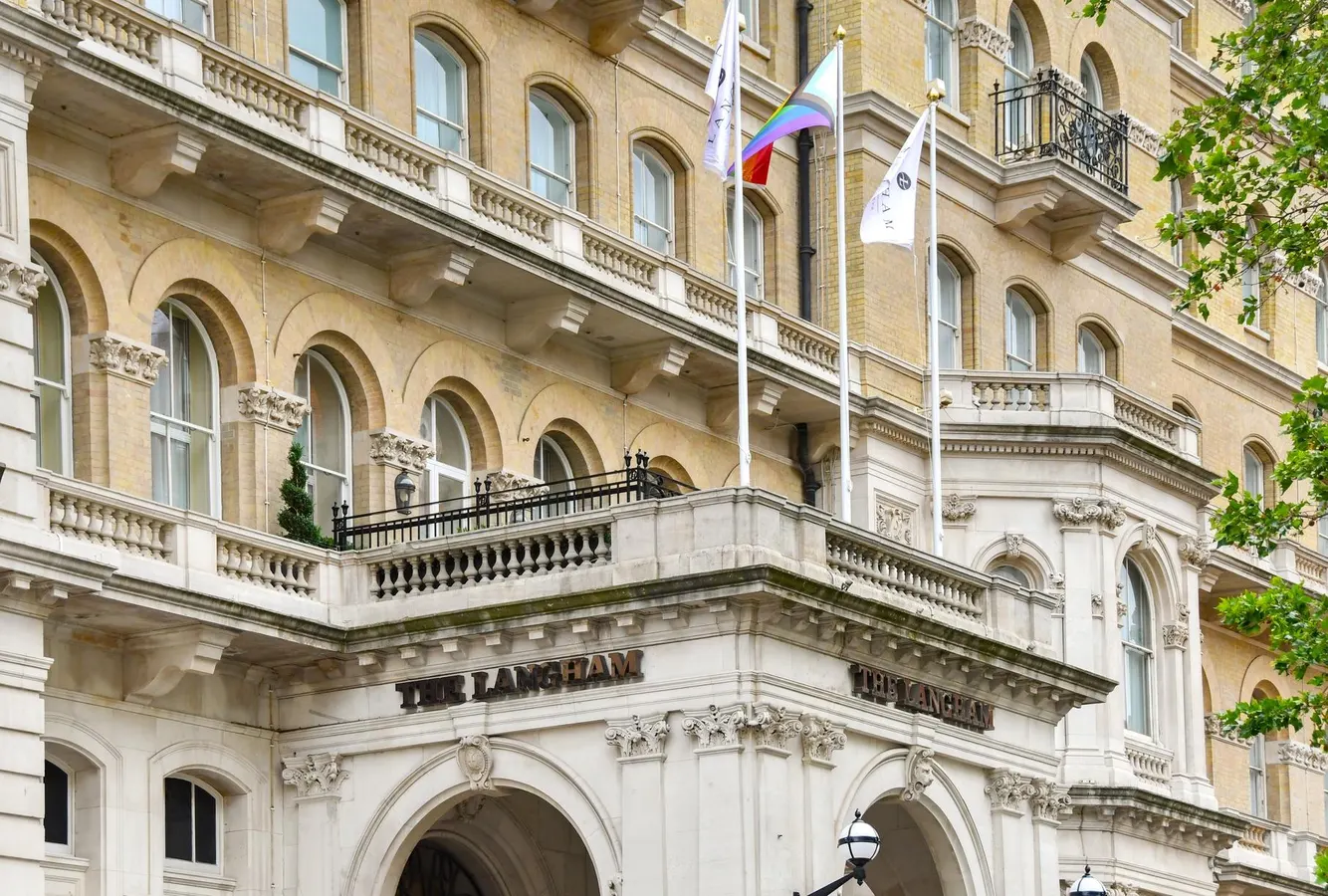By Maisie Grice
Copyright cityam

Inheritance tax (IHT) receipts are on course for a record breaking year, as an increasing number of Brits brace themselves for further potential tax changes.
According to the latest HMRC data, IHT receipts hit £3.7bn in the first five months of the 2025/26 tax year, continuing their two decade long upward trend.
This is also £0.2bn higher than the previous year.
Nicholas Hyett, investment manager at Wealth Club said: “Inheritance tax continues to be a cash cow for HMRC.”
“While wealth taxes, IHT’s uglier sibling, will be in the spotlight in the run up to the Autumn Budget it wouldn’t be entirely surprising to see further tinkering with IHT too.”
Threshold freeze and IHT changes
An increasing number of estates are finding themselves subjected to inheritance tax, as frozen allowances, matched with increasing house prices and rising inflation has pushed more people over the threshold, despite not considering themselves to be wealthy.
The inheritance tax threshold stands at £325,000 and is set to remain frozen until 2030, while the £175,000 residence nil rate band hasn’t changed since 2020.
Hyett said: “These freezes are a stealth tax, which allows the government to increase their take without a backlash from a headline grabbing tax hike, but still contribute to the highest tax burden in 70 years.”
Meanwhile, more people will soon find themselves subjected to inheritance tax, with pension assets set to be included in estates from April 2027.
The government estimates the decision will raise a total £1.5bn by 2030, bringing an additional 1.5 per cent more estates on top of the current 4 per cent.
James Scott-Hopkins, founder of EXE Capital Management, said: “This insidious freezing of thresholds by recent governments is simply to fool the populace into believing taxes are not really rising.“And it will only get worse, with more people’s estates being dragged into the IHT net.”
Industry figures are calling for savers to consider reducing their IHT bill through methods including early gifting and investing in unlisted companies that qualify for Business Property Relief, as these are typically inheritance tax free for two years.
Capital Gains Tax and Budget warning
Capital Gains Tax (CGT) also increased by 8 per cent from £854m, with HMRC collecting £922m in the first five months.
CGT receipts are estimated to surge to £25.5bn by the 2029/30 tax year.
Shaun Moore, tax and financial planning expert at Quilter, said: “The sharp reduction in the annual exempt amount from £12,300 to £3,000 has pulled far more people into the scope, particularly landlords and second home owners.
“While receipts in this area are volatile, speculation around further reforms has fuelled debate about whether to accelerate sales.”
Moore warned that “disposals should only be made if they are part of a long-term plan” as reacting to rumours could risk savers being subjected to further unnecessary tax bills.
Labour have pushed themselves into a corner as they scramble to plug an estimated £22bn fiscal black hole, after ruling out hikes to income tax, national insurance contributions or VAT for working people.
Analysts are now warning Reeves’ to be careful in her tax choices in the upcoming Autumn Budget.
Moore said: “The budget is shaping up to be a delicate balancing act between political promises and fiscal necessity.
“The temptation to tinker with IHT, CGT or property taxes is clear, but reform must be proportionate and predictable, or it risks damaging confidence and distorting behaviour in ways that ultimately reduce the Treasury’s tax take.”



